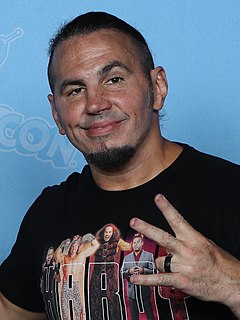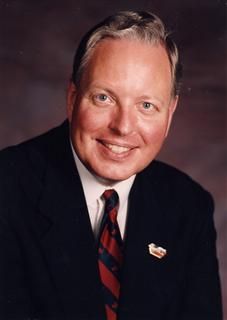A Quote by Gavin Esler
There is so much unreliable information on the internet and in the media.
Quote Topics
Related Quotes
I think the large part of the function of the Internet is it is archival. It's unreliable to the extent that word on the street is unreliable. It's no more unreliable than that. You can find the truth on the street if you work at it. I don't think of the Internet or the virtual as being inherently inferior to the so-called real.

































